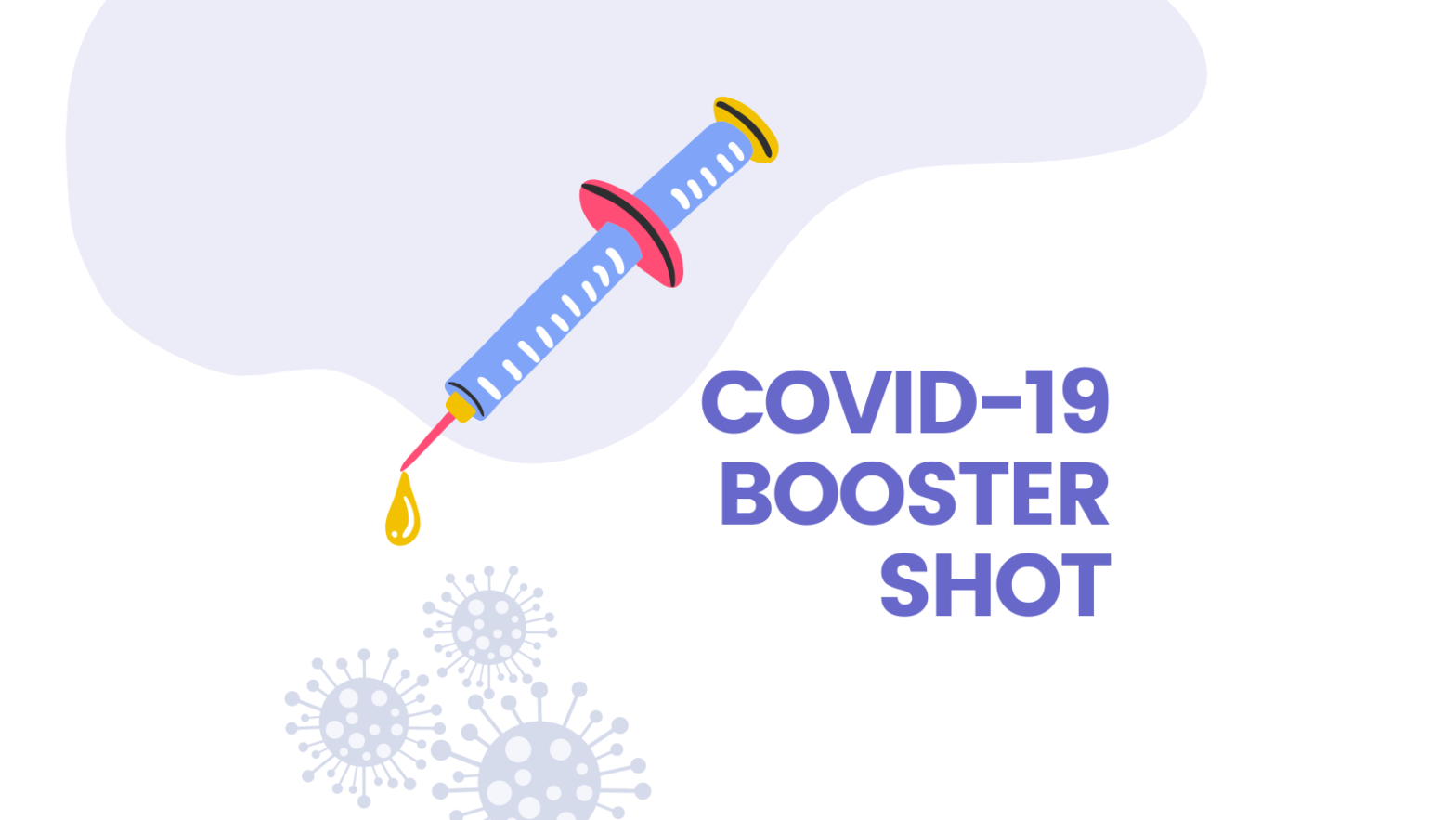- We’ll take a look at whether booster shots for COVID-19 are beneficial or effective.
- COVID-19 has plagued the world for several years now. What’s the latest update?
- And more
You’re probably already familiar with the term, but a booster shot is a vaccine that boosts an individual’s immunity after a certain period of time. It is typically administered as a small injection in the arm or thigh. Booster shots boost protection against diseases such as hepatitis A and B, tetanus, and diphtheria.
What we’ll be looking at here in this blog post is whether COVID booster shots are effective or not. The benefits of booster shots for COVID depend on several factors like:
1) The age at which you were immunized
2) The number of boosters you have received
3) The interval between booster shots
Without any further ado, let’s dig in.
The Devastating Impact of COVID-19 Upon the World
WHO (World Health Organization) states that there have been 6,190,349 deaths as of this minute. And that’s just counting the reported cases, which is terrifying to think about.
According to an analysis, the actual worldwide death toll caused by the coronavirus is more than double what’s officially reported. Almost every country turned out to be underreporting their actual death rate from COVID-19.
The Big Question – Are Booster Shots Beneficial? If So, How Much?
A new CDC study supports what the Mayo Clinic and other experts have claimed: COVID-19 booster vaccinations improve protection against severe illness and hospitalization. The study looked at people who had received three doses of the Moderna or Pfizer COVID-19 vaccines and whether it was a booster dose or the No. 3 dose for immunocompromised people.
Dr. Abinash Virk, an infectious diseases specialist working at Mayo Clinic, says: “The third dose actually decreased COVID-19-associated hospitalizations significantly ― more than the two doses alone. ”
Receiving a third vaccine dose was extremely effective at preventing COVID-19–associated emergency department and urgent care encounters (94 percent and 82 percent, respectively) and COVID-19–associated hospitalizations during both Delta- and Omicron-predominant periods (94 percent and 90 percent, respectively). That’s a lot!
When Should You Get Your Booster Dose?
The Mayo Clinic recommends getting the COVID-19 booster shot five months after your last dose of the Moderna or Pfizer vaccine or two months after the Johnson & Johnson vaccine. The above guidelines also apply to people who have recently been exposed to the virus.
Bottom Line
As you’ve seen, booster shots for COVID-19 certainly seem to be effective at warding off the virus for good. We hope you enjoyed this blog post. Consider leaving a comment below in answer to the question, “How did you overcome isolation during COVID-19?”
